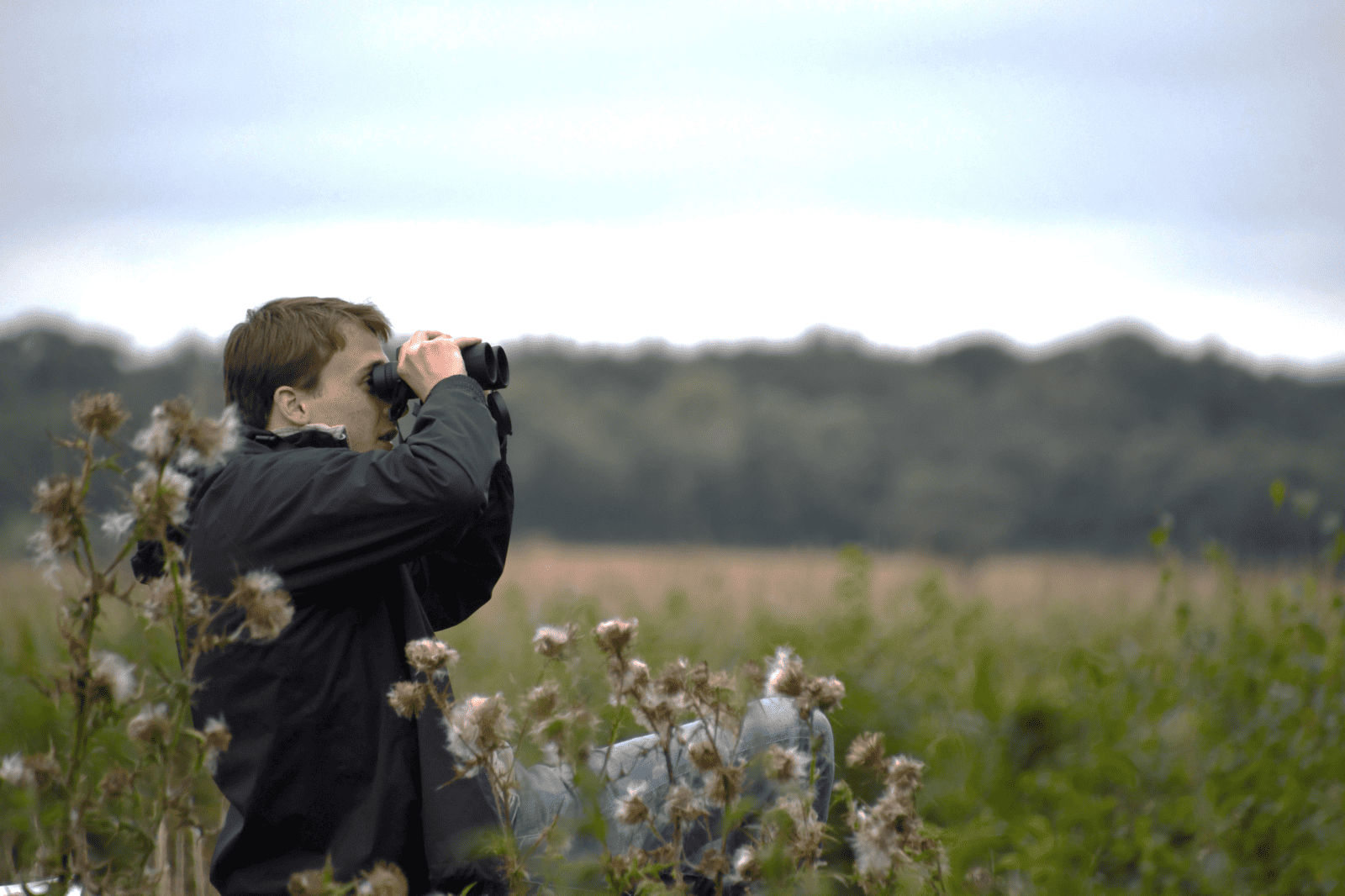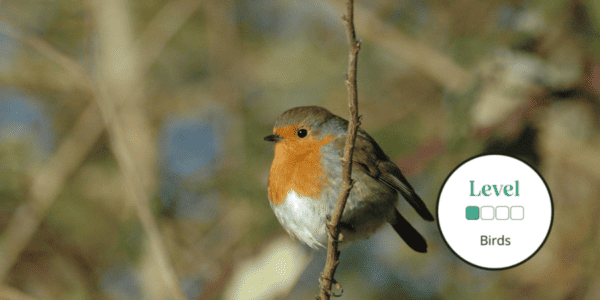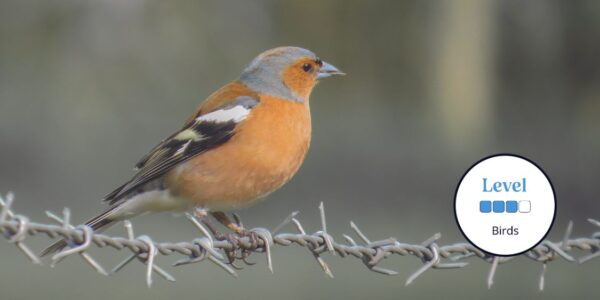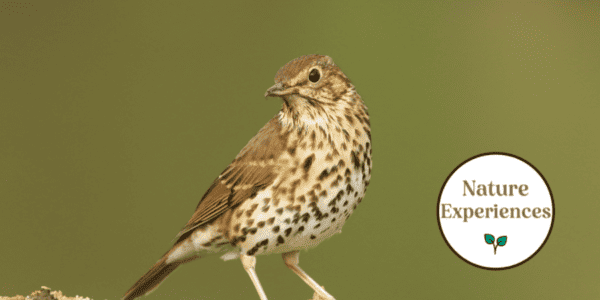This beginner online bird course will introduce you to the field skills required to start identifying and recording birds, including how to use a guide and make a valuable record!
Birdwatching has become a hobby for many people of all ages and backgrounds. It allows us to connect with nature and begin to contribute to citizen science, but this relies on us knowing how and what to record. This course will help you become a better birdwatcher and use your observations for good!
What is covered in this course?
- Using Bird Field ID Guides*
- Recording Birds
Please note that this is not an identification course
*For this course, you may wish to purchase the Field Studies Council Guide to the top 50 garden birds to aid your learning.
You are not required to purchase this guide and the course can be completed without it. The guide is merely a tool to enhance your learning and a good place to start when identifying garden birds.
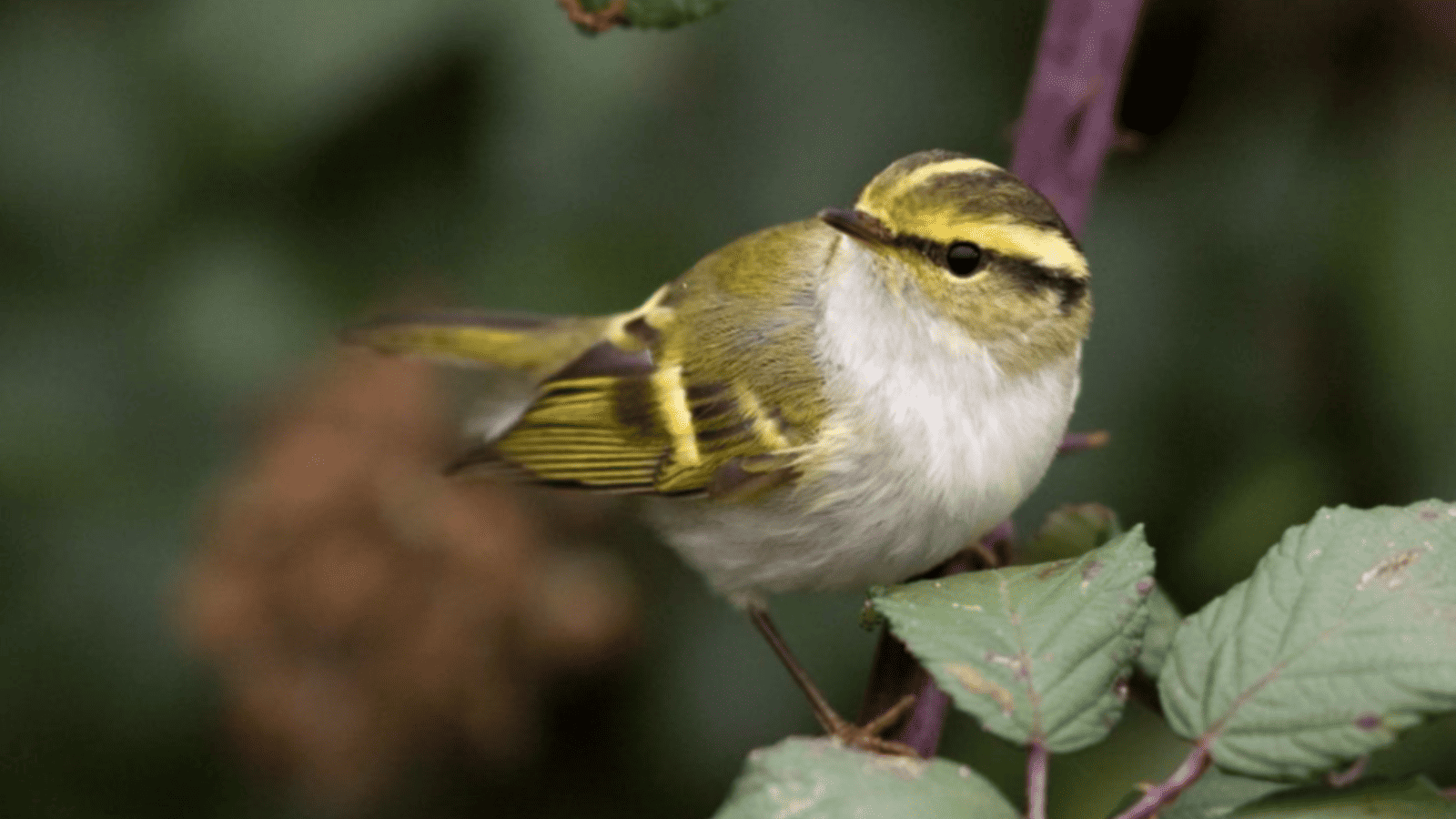
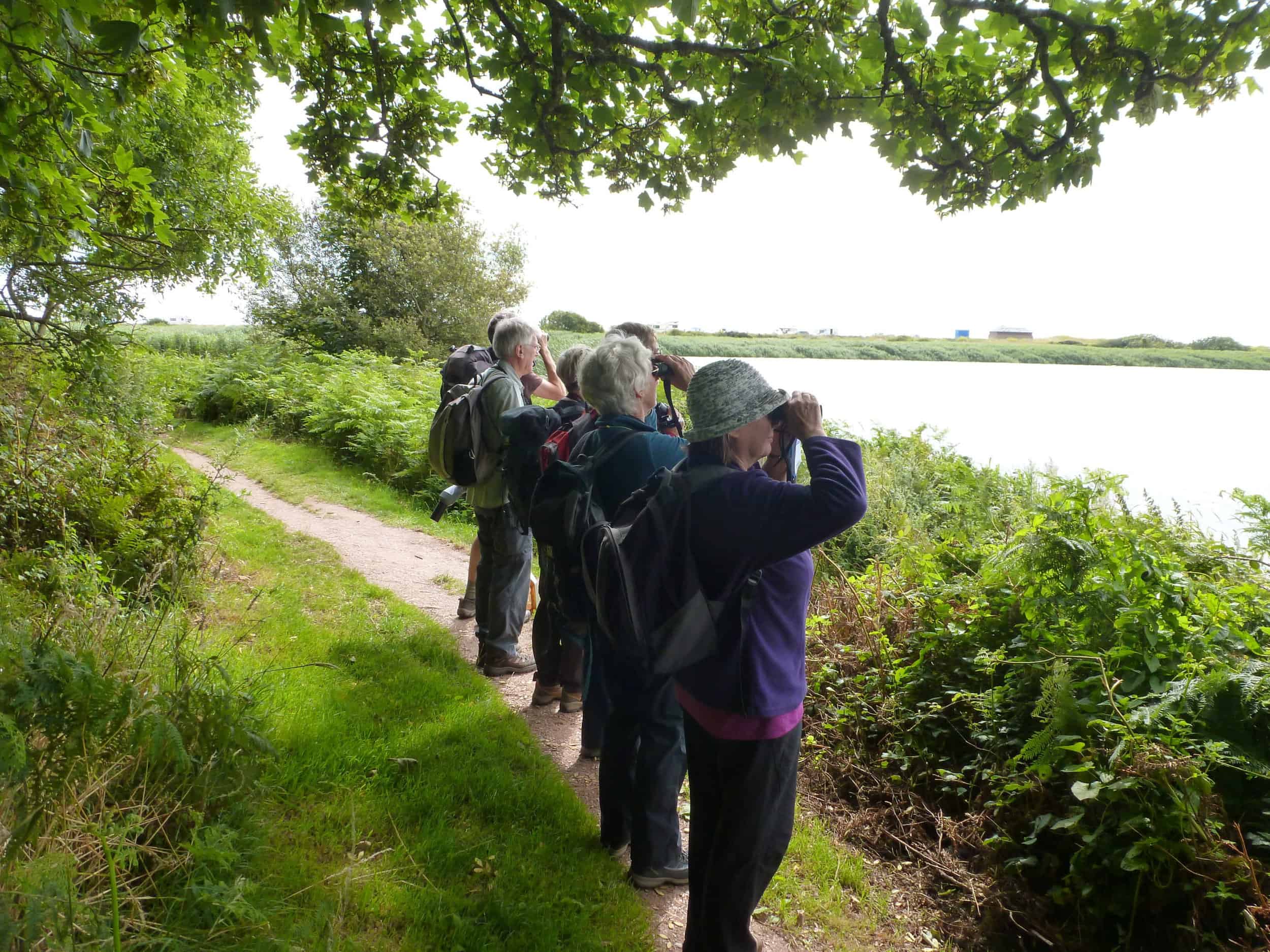
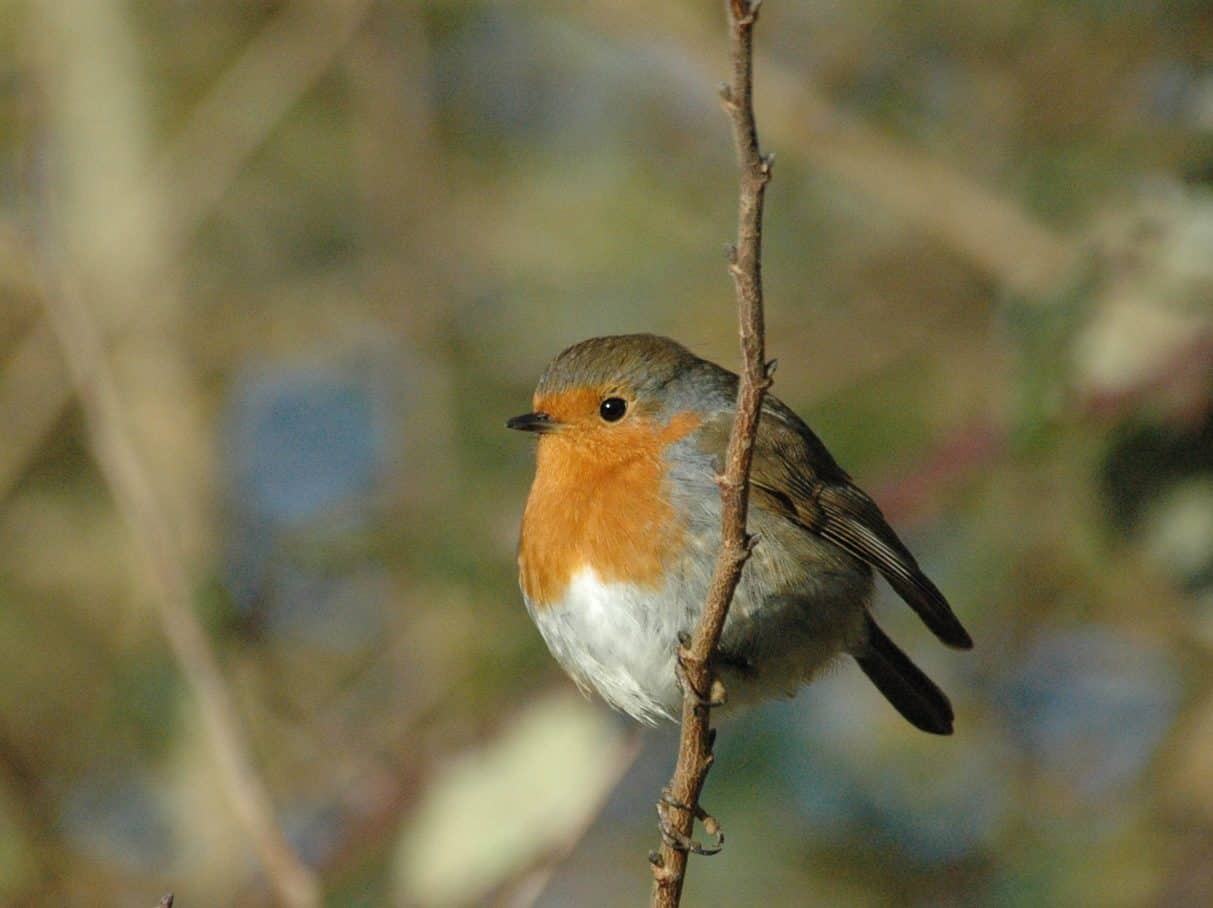
Read More
During this beginner online course, you will learn valuable observational field skills, how to use a field ID guide, an overview of British bird groups, a brief history of ornithology, and what to record and how to record it. This is the perfect course if you’re a beginner looking to learn more about the birds around you, identify bird groups, and contribute to citizen science projects. After completing this course you should feel confident to progress your learning with a more specific bird identification course as you will have gained the baseline skills required to take your birdwatching to the next level!
This is a 2-week course covering 2 topics, for which you will complete a variety of online resources and activities. Topics are concluded with either an interactive Zoom workshop or tutor-marked assignment. Understand how our online courses are delivered here.
At the end of this course, you will be able to:
- Identify the main differences between bird families
- Begin to use bird field guides
- Identify key equipment when beginning bird watching
- Understand why and how we create effective field notes relating to birds and identify their importance
- Share this knowledge with friends, family and fellow volunteers
Who Should Attend? – Nature enthusiasts, students, rangers, early career ecologists, amateur birdwatchers.
Knowledge Level – Beginner. Level descriptors can be found on the following web-page: Framework and Course Level Descriptors
Prior Knowledge – Existing knowledge and understanding of birdwatching and bird groups would be beneficial for this course, but not essential.
Please note that bookings will close 2 working days before the start date to allow for all participants to be enrolled to the online platform – bookings will not be taken after this time. Bookings will close sooner if course capacity is reached.
Live Webinar Information
There is 1 webinar taking place as part of this course, taking place at the end of week 1. Please see the listing for the day and time. Week 2 will include a marked assignment in which the course tutor will provide feedback on your submission.
Please note – webinars will be recorded and uploaded to the virtual learning platform for learners unable to attend.
About the Tutor
Anne Brenchley
Anne was born and brought up in Kent and has been a keen birdwatcher from a very early age. She was awarded a Zoology degree and a PhD from Aberdeen University (studying Rooks) and went on to spend most of her working career, until 2011, with Natural England and its predecessors. She has been a Regional Rep for the British Trust for Ornithology since 2000 in Flintshire and Wrexham, organising and taking part in surveys and also helping other volunteers. She is also a fully qualified bird ringer and the main author of ‘Breeding Birds of North Wales’ published in 2013. Anne is now an independent ecological/horticultural consultant and leads birdwatching/wildlife walks on a weekly basis.
Example Timetable
Timetable
Week 1: Using Bird Field ID Guides
Self-study material available from start of course
Week 1 live webinar
Week 2: Recording Birds
Self-study material available after week 1 webinar
Week 2 marked assignment due at the end of this week
The final deadline to complete any outstanding activities and self-study components is 2 weeks after the assignment due date.
Time commitment: This course will require approximately 2-3 hours of your time each week. This includes covering course materials on our Moodle learning platform and the Zoom session/s.
What's Included
The course has been carefully created to help you continue to build and develop your knowledge as the course progresses. With content crafted to the online Moodle Platform and bespoke to the Field Studies Council.
The course includes:
- 45-minute interactive weekly Zoom workshops to connect with the tutor and other participants
- Expert tuition for which the Field Studies Council is renowned
- Activities to work on independently in advance of each Zoom workshop
- Tailored course completion certificate
Once registered, you will follow well-illustrated, user-friendly ’books’ to pick up knowledge. Quizzes and skill checks will give you instant feedback on your learning. Forums give students the chance to interact with each other as well as a place to share work.
Bursaries and Subsidies
Student Discount
This course is eligible for a student discount. If you are a current student, please use discount code BioStudent20 at checkout for 20% off all Biodiversity courses.
Before You Attend
Recommended equipment
For practicing your learnings out in the field.
- Binoculars
- Bird ID Guides
- Field notebook
Accessing Your Course
- Once you sign up you’ll receive an email at least 24 hours in advance of the course opening with details of how to access our easy-to-use platform, Moodle.
- Moodle can be accessed through a browser or an app.
- Webinars are via Zoom so you won’t need any new software to attend.
Recommended Devices
It is recommended that you access your course through a PC or laptop. Please be aware that there will be reduced functionality if you decide to access the course through a tablet or smartphone. The Field Studies Council is unable to email content directly to you.
Opportunities to attend this course
-
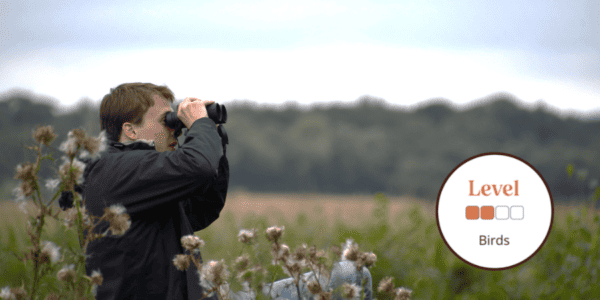
Tue 03, September 2024 - Tue 01, October 2024
The live webinar will take place on Tuesday 10th September 5.30 pm - 6.15 pm. A marked assignment will be due on Tuesday 17th September.
No current dates for this course? Click here to view all the upcoming Natural History courses.
Progress Your Learning
This is a training course from the Field Studies Council, delivered by expert tutors with an approachable learning style. After attending this course, you may like to progress your learning with further relevant courses or branch out into other areas of natural history. The Field Studies Council offers both online and in person courses, so you can choose the learning style that suits you best.
The course gives you the opportunity to immerse yourself in a new subject and acquire novel skills. Our online portal gives you time to study at your own pace and fit the lessons around your own schedule.
If you have any questions about our online courses please check our Frequently Asked Questions or email [email protected].
Group Bookings Made Easy
If you have a group of 10 or more individuals wanting to complete one of our courses, our team are available to discuss your options – from discounts to private team courses. Find out more!
You can rest assured that the absolute best content from an expert in environmental education will be at your fingertips. In choosing a Field Studies Council course, you will be joining thousands of people who learn with us each year.

